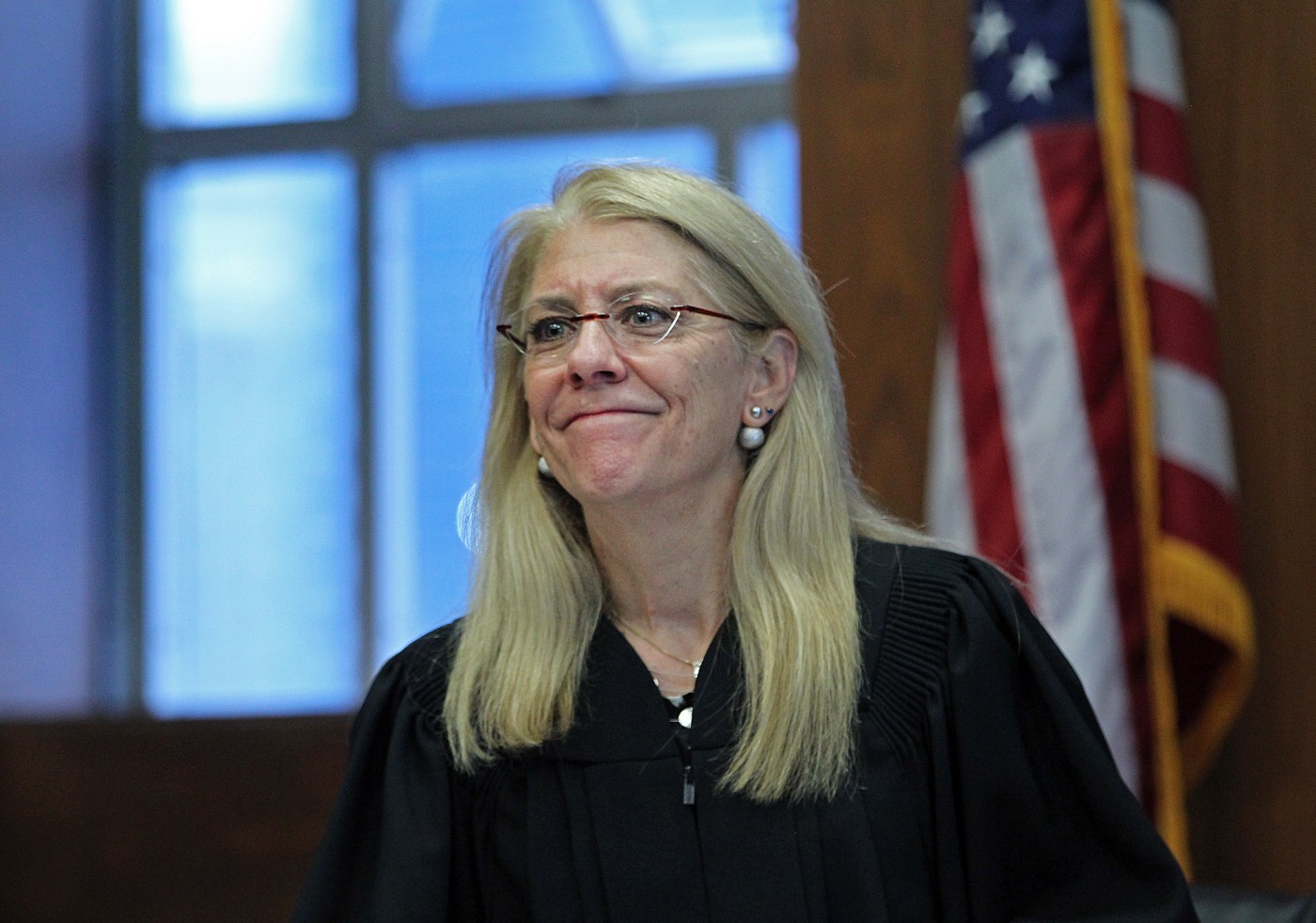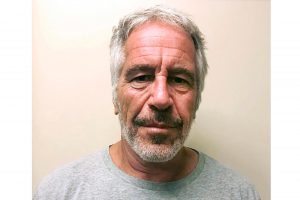
First Amendment group: Follow your own rules, Massachusetts Courts
The court system is designed to enforce the rules of its governing society, but one group is calling it out for not even following its own rules.
“We want to bring to the court’s attention what we believe is a violation of its rules on accessing electronic records and ask that this violation be immediately remedied,” lawyers for the New England First Amendment Coalition wrote in a letter to Judge Jeffrey A. Locke on the last day of his tenure as the Chief Justice of the Massachusetts Trial Court.
The Coalition, according to its website, “is a broad-based organization” consisting of lawyers, journalists, historians, librarians, academics and others that “promotes and expands public access to government and the work it does” in the six New England States.
Specifically, the letter states, state law regarding remote access to electronic court records specifies certain information should be made available online about every criminal case: the full name of each defendant, the case numbers by court department and division, the name and mailing address for each attorney who has made an appearance in the case, the docket number of the specific case and the court calendar for the case.
“As of today, much of this information appears to be missing for members of the general public searching criminal cases using the state’s online court records portal,” the letter states. It says Superior Court cases tend to follow the rules, but cases at the level of Boston municipal courts or district courts do not.
The complaint may seem in the weeds to many, but the effect is pertinent to all.
“In addition to being in violation of the court’s rules, these omissions are problematic for other reasons. They force journalists to regularly call court clerks with simple questions about when a specific hearing is scheduled, the status of a particular case or how a judge has ruled on a given motion,” the letter states. “Multiple calls are often needed before someone at the court can be found to provide this information. Not only is this an unnecessary burden on journalists, but on court clerks as well.”
Judge Locke retired the day after receiving the letter, but the Massachusetts Trial Court’s current leadership, Chief Justice Heidi Brieger and Administrator Tom Ambrosino, is taking the recommendation seriously, according to a system spokeswoman.
“(Brieger and Ambrosino) are working closely with the Judicial Information Services Department and the District Court and Boston Municipal Court Departments to ensure that the criminal case information outlined in the Trial Court Uniform Rules on Public Access to Court Records is made available to the public remotely,” Trial Court spokeswoman Jennifer Donahue told the Herald. “This is a priority for the Trial Court and we expect this information to be available online by the end of this quarter.”


